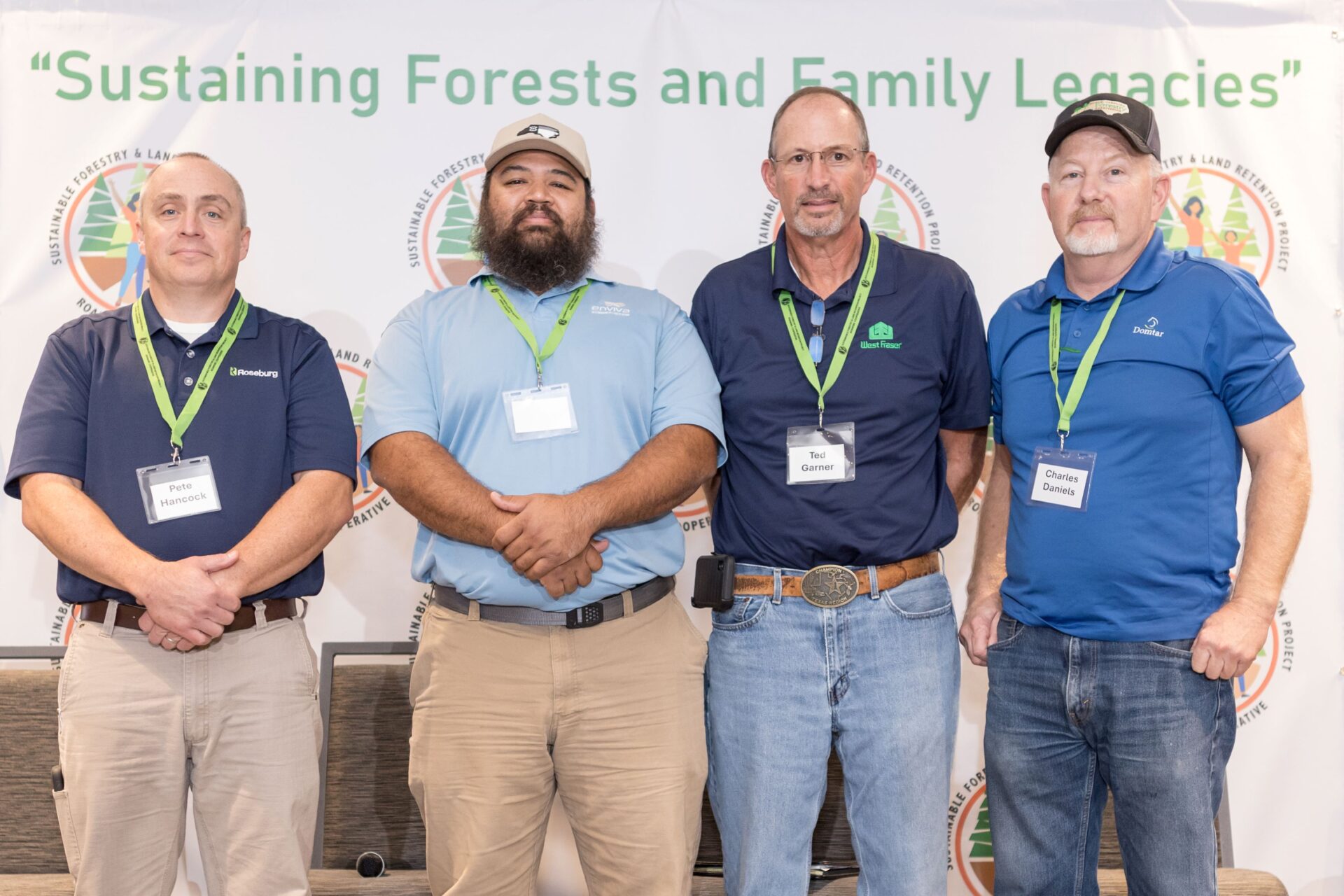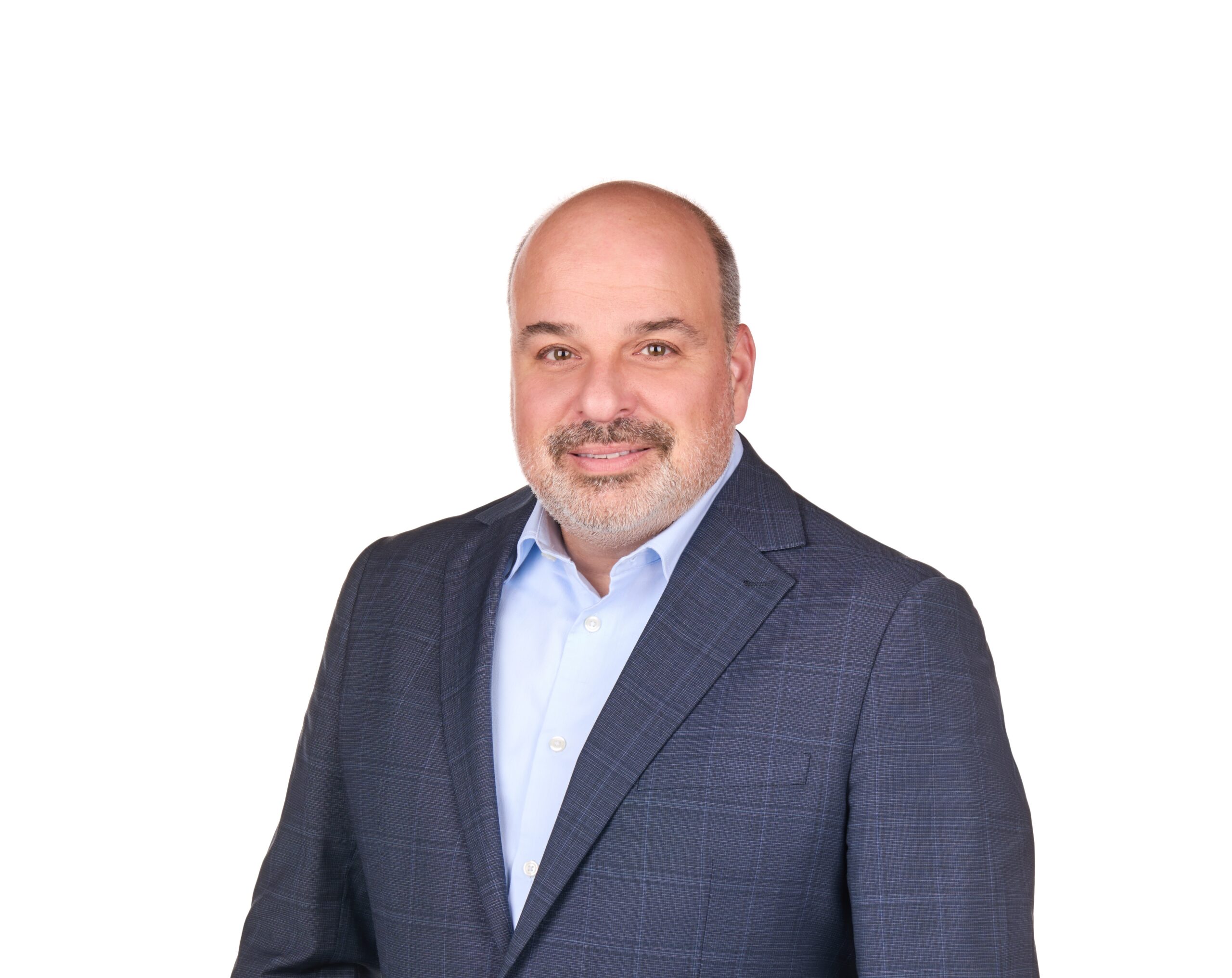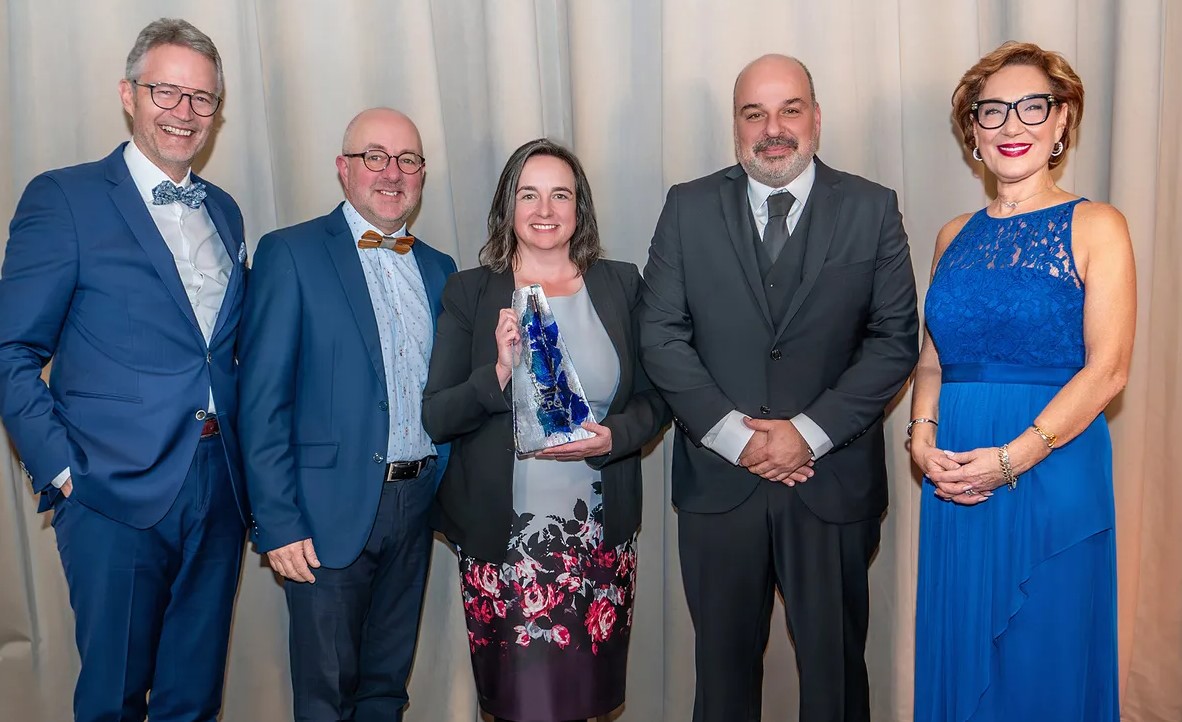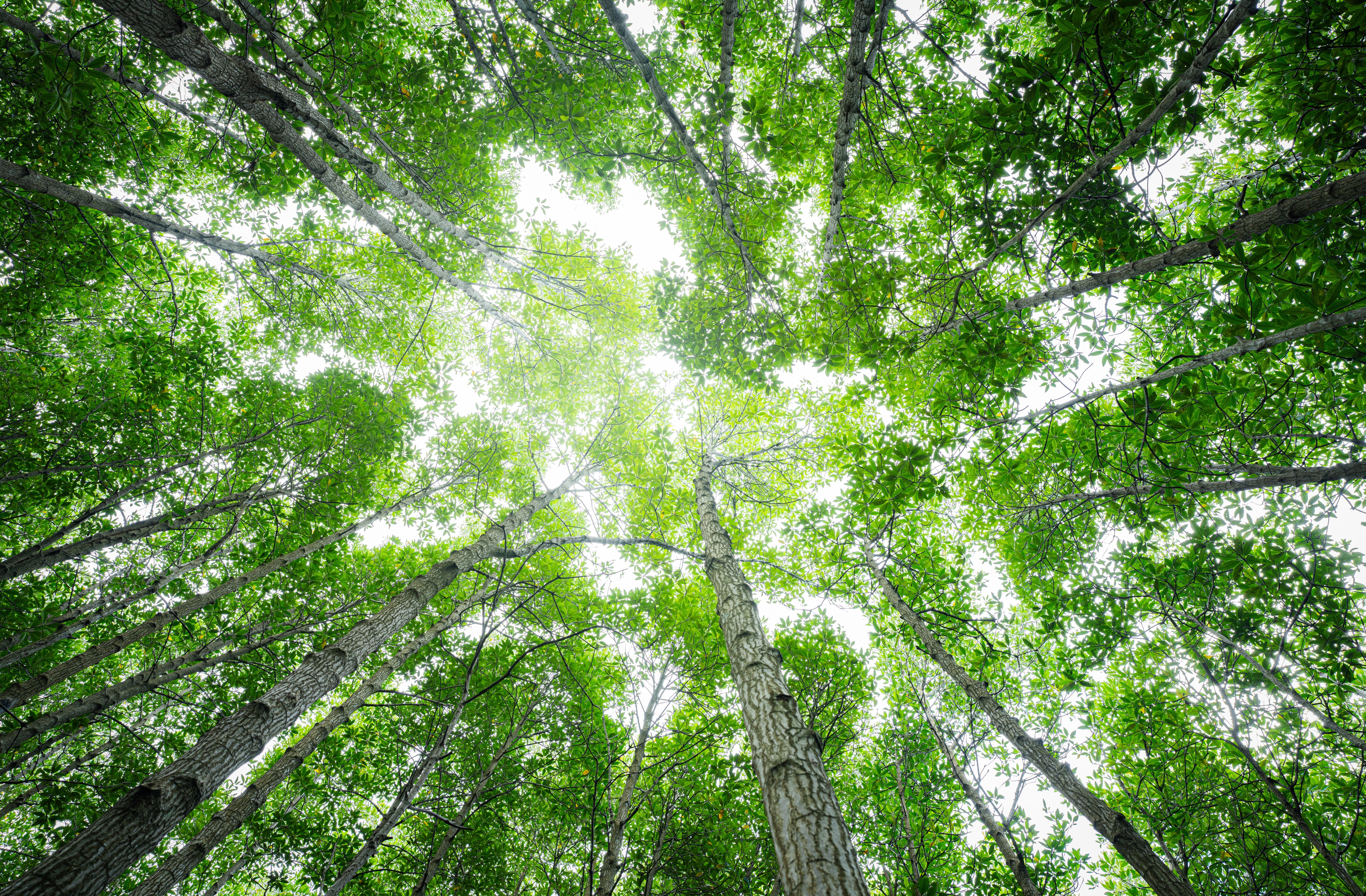At Domtar, caring for ourselves, our customers, our communities and our environment is one of our values. Through our commitment to sustainability, we want to ensure a sustainable and better future for all. And our sustainability perspective affects every decision we make, whether it’s in the forest, in the mill, at the office or beyond.
We’re proud that every member of our team embraces our commitment to the environment, and we know that many continue that commitment outside of work. We asked several of our Domtar colleagues to share their own sustainability perspective by answering the question: “What does sustainability mean to me?”
“Our natural resources have limitations that must be respected.”
 “For me, sustainability means being aware that our natural resources have limitations that must be respected. This is achieved through the choices we make on a daily basis, such as our water usage, our dietary choices, our clothing purchases, our means of transportation, etc. Our consumption habits have a huge impact on natural resources, and we must always remain conscious of that.
“For me, sustainability means being aware that our natural resources have limitations that must be respected. This is achieved through the choices we make on a daily basis, such as our water usage, our dietary choices, our clothing purchases, our means of transportation, etc. Our consumption habits have a huge impact on natural resources, and we must always remain conscious of that.
“Innovation and the search for circular economy opportunities are also a key to sustainable development. Reusing our process byproducts and domestic waste to create new products or energy is also an important aspect for the utilization of our natural resources. Finally, for me, development and use of renewable energy is also a part of sustainable development, as is energy management in general. If we want to ensure that future generations benefit from a healthy environment, we must make conscious and intelligent choices with respect to the environment that surrounds us.”
— Valérie Labelle, environmental engineer and Earth Choice Ambassador, Windsor Mill
“Products should be responsible and reliable, not just compliant with regulations.”
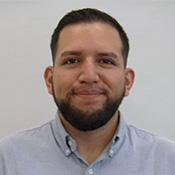 “My sustainability perspective is that it goes beyond environmental compliance. It means to look at decisions with more emphasis on the lifecycle impact instead of the near-term goal so in the future, someone else can look at our work and say ‘Ahh! That’s why they did this!’ or ‘I’m glad they documented this!’
“My sustainability perspective is that it goes beyond environmental compliance. It means to look at decisions with more emphasis on the lifecycle impact instead of the near-term goal so in the future, someone else can look at our work and say ‘Ahh! That’s why they did this!’ or ‘I’m glad they documented this!’
“I look for processes and systems that help guarantee and protect the vision and the original intention. Terms like ‘patch,’ ‘wrap,’ ‘temporary,’ ‘right now’ and ‘low-hanging fruit’ are red flags to me. The hardest work is in guarding what was created and ensuring others can benefit from it in the future. The environmental box has expanded, and end users and customers are wanting the lifecycle of their products to be responsible and reliable, not just compliant with regulations.”
— Oscar Guevara, director, Asset Optimization, Fort Mill
“It’s about responsibility, positive influence and being a role model.”
 “For me, sustainability is being intentional with the planning and decisions we make each day as leaders within our families, communities and Domtar to invest in our future. It’s about responsibility, positive influence and being a role model locally as well as on the world stage of pulp and paper manufacturing for the generations to come.
“For me, sustainability is being intentional with the planning and decisions we make each day as leaders within our families, communities and Domtar to invest in our future. It’s about responsibility, positive influence and being a role model locally as well as on the world stage of pulp and paper manufacturing for the generations to come.
“As it relates to future generations, I have been blessed with three teenage children who are growing up way too fast. One never-ending challenge for any parent, and there are many, is to help them see the value in making the right choices or, in this case, sustainable choices. Reducing risk, improving quality of life and increasing efficiency without compromise to the environment are a few good recipes for a successful and thriving world that we all have the responsibility of protecting. When I think of my sustainability perspective as a husband, a parent and a team member within Domtar, it’s executing on a plan to be better tomorrow than we are today, and that means a lot to me.”
— Tony Casilio, environmental, health and safety manager, Johnsonburg Mill
“We need empathy to know that there is enough for everyone.”
 “Sustainability for me is knowing that you are using a product or resource that is not hurting, harming or depleting any element that exists in the physical world. It also carries the responsibility of having the empathy to know that there is enough for everyone who has a need or use for that resource. It represents a selfless position on the use of a product or resource, knowing that there is availability of that resource even after you are gone.”
“Sustainability for me is knowing that you are using a product or resource that is not hurting, harming or depleting any element that exists in the physical world. It also carries the responsibility of having the empathy to know that there is enough for everyone who has a need or use for that resource. It represents a selfless position on the use of a product or resource, knowing that there is availability of that resource even after you are gone.”
— Roland Basdeo, graphic and digital designer, Pulp and Paper Marketing, Fort Mill
“Sustainability doesn’t compromise the needs of future generations.”
 “Sustainability means consuming what we need today without compromising the needs of future generations. Using products that are renewable and recyclable go a long way toward this end. As a third generation in our industry, I’m proud to work for a company that manufactures products that are sustainable and essential for society today and in the future.”
“Sustainability means consuming what we need today without compromising the needs of future generations. Using products that are renewable and recyclable go a long way toward this end. As a third generation in our industry, I’m proud to work for a company that manufactures products that are sustainable and essential for society today and in the future.”
— Rob Melton, senior vice president, Pulp and Paper—Commercial, Fort Mill
“It’s important to be mindful of the resources that are available.”
 “When I hear the word sustainability, I tend to think of recycling and different ways to protect our planet. My sustainability perspective is that it’s important to be mindful of the resources that are available, and we should make a conscious effort not to deplete them. I am honored to work for an organization that sets sustainability goals and truly cares about the preservation of our environment. Simply put, to me, sustainability is our obligation to take care of the environment by ensuring we have and will continue to have the resources needed for future generations.”
“When I hear the word sustainability, I tend to think of recycling and different ways to protect our planet. My sustainability perspective is that it’s important to be mindful of the resources that are available, and we should make a conscious effort not to deplete them. I am honored to work for an organization that sets sustainability goals and truly cares about the preservation of our environment. Simply put, to me, sustainability is our obligation to take care of the environment by ensuring we have and will continue to have the resources needed for future generations.”
— Alondria Hamilton, senior talent acquisition partner, Ashdown Mill
“Everyone has a role in making sure that the environment is cared for.”
 “Younger generations are perhaps more environmentally conscious than prior generations, so I think it’s really important to make sure that we’re taking steps every day to leave our planet better than we found it. There are a lot of differing perspectives about environmental issues and climate change, but for me, personally, I’ve got young children, and I want to make sure that the environment and ecosystem are around for them to enjoy.
“Younger generations are perhaps more environmentally conscious than prior generations, so I think it’s really important to make sure that we’re taking steps every day to leave our planet better than we found it. There are a lot of differing perspectives about environmental issues and climate change, but for me, personally, I’ve got young children, and I want to make sure that the environment and ecosystem are around for them to enjoy.
“From a Domtar sustainability perspective, we have a very long history of environmental stewardship. Domtar’s educational programs and environmental leadership are two of the reasons I’ve been working for this company for 18 years. I know that the practices that we have are in line with what they need to be, and we’re not doing things that are going to degrade our environment for generations to come. We’re taking strides every day to improve our environmental leadership, and we’re building a strong long-term sustainability strategy that addresses the environment, indigenous populations, climate change, carbon neutrality and more. It’s important that everyone has a role in making sure that the environment is cared for, and Domtar is leading the charge in this industry.”
— Vanécia Carr, general manager, EAM, Fort Mill
“It doesn’t have to be a grand act. It can be something simple and fun and useful.”
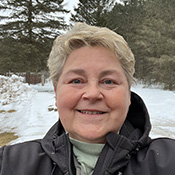 “Sustainability means creating something beneficial and lasting by making a positive influence on our surroundings. It doesn’t have to be a grand act. It can be something simple and fun and useful.
“Sustainability means creating something beneficial and lasting by making a positive influence on our surroundings. It doesn’t have to be a grand act. It can be something simple and fun and useful.
My husband and I plant a quarter-acre of wildflowers on our land that benefit pollinators such as butterflies, bees, caterpillars and hummingbirds. The wildflower plot has a trickle-down effect on its surroundings. We’ve found nesting rabbits amongst the flowers, deer graze on the delicious blossoms and foliage, birds eat the bugs that are attracted to the flowers, and we get to enjoy watching all the activity all summer long. This one simple project has created so many positive outcomes.”
— Ginny Johnson, executive assistant and business relations coordinator, Nekoosa Mill
Let your voice be heard!
What’s YOUR sustainability perspective? Share what sustainability means to you by visiting us on social media.




